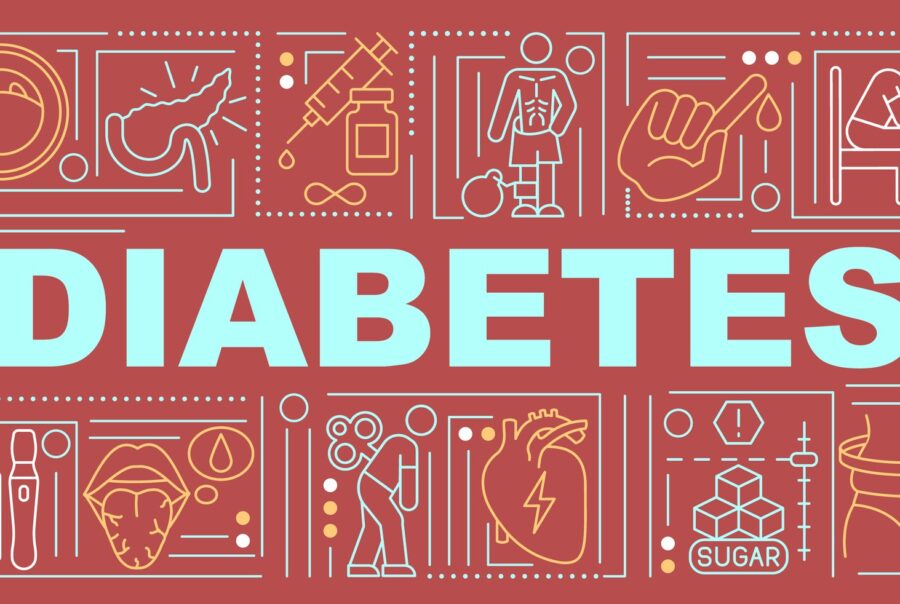Can You Work While Receiving Monthly Payments for Disability from Social Security?
Many wonder if they can return to work or take on part-time employment but are concerned about how this could eliminate or lower their monthly payments for Disability.
In this article, we’ll explore how working while receiving monthly payments for disability from Social Security can impact your income, the rules and regulations you need to know, and tips for balancing work with your disability.
Navigate Employment While on SSDI
The SSA understands that you might want to test your ability to work while still receiving disability benefits, and the Trial Work Period (TWP) allows you to do just that for only SSDI recipients! You are allowed to test your ability to work for at least nine months (which don’t have to be consecutive) within a 60-month rolling period without losing your SSDI benefits. This period is designed to encourage you to attempt a return to work without the immediate fear of losing your monthly payment for Disability.
After your TWP ends, the SSA evaluates whether your earnings exceed the Substantial Gainful Activity (SGA) threshold. In 2024, the SGA limit is $1,550 per month for non-blind individuals and $2,590 per month for blind individuals. If your earnings are above these limits, you could see a reduction or suspension of your SSDI benefits.
After completing the Trial Work Period, you enter the Extended Period of Eligibility (EPE). The EPE lasts for 36 months, during which time you can still receive SSDI benefits for any month in which your earnings fall below the Substantial Gainful Activity (SGA) level. If you exceed the SGA level in any month during the EPE, you won’t receive SSDI benefits for that month, but your eligibility for benefits isn’t terminated. If your earnings later fall below the SGA level, your benefits can be reinstated without having to reapply.
Navigate Employment While on SSI
Different regulations apply to income and requirements for Supplemental Security Income (SSI), as it is based on financial need rather than employment history, which can limit your possibility to find work while receiving monthly payments for Disability from Social Security depending on how much you will make.
In order to be eligible for SSI in 2024—or to continue to be eligible—you need to make less than $943 per month and/or have less than $2,000 in resources (without counting the house you live in and one car). You run the danger of losing your benefits if your income from working exceeds these guidelines.
The Trial Work Period does not apply to SSI benefits.
One option you can consider if you’re considering going back to work or start to work is the Ticket to Work program. It is a valuable resource for individuals receiving SSDI or SSI. This free and voluntary program offers vocational rehabilitation, job training, and other support services to help you find and maintain employment without risking your SSDI or SSI benefits.
Another option is the Student Earned-Income Exclusion (SEIE). This SSI work incentive exempts wages of $2,290 from your monthly income (with a maximum of $9,230 in 2024) for SSI recipients who are under 22 years old and are attending school, college, or university, or a course of vocational or technical training on a regular basis. Without having their monthly SSI check reduced, students can take the SEIE to determine their employment availability.
Practical Tips to Consider
Choosing the Right Job:
When considering a return to work, it’s essential to choose a job that accommodates your disability and doesn’t exacerbate your condition. Consider jobs that provide reasonable accommodations to support your ability to work effectively.
Report Your Earnings:
One of the most important responsibilities you have when working while on SSDI or SSI is reporting your earnings to the SSA. Failure to do so can lead to overpayments, which you may be required to repay, or even the loss of benefits.
Managing Medical Reviews:
It’s important to continue attending medical appointments and maintaining documentation of your condition, as the SSA will review this information to determine whether your condition has improved to the point where you can return to full-time work.
Understanding Your Rights at Work:
As a person with a disability, you are protected by laws such as the Americans with Disabilities Act (ADA). Understanding your rights can empower you to advocate for the support you need in the workplace. This might include modifications to your work environment, adjusted work hours, or specialized equipment.
Conclusion
Receiving multiple types of benefits can be a lifeline, but it also requires careful management to ensure you’re getting the support you need without unexpected reductions. At Casa de la Justicia we are ready to help you navigate the application process for your monthly Disability Check (SSDI), without paying out of pocket. Simply call us at 1 800 840 4040 and we will help you with your first application or if necessary we will work with you to file an appeal if the Social Security Administration (SSA) has denied you your monthly Disability payments.
WINNING beings with a CALL

Casa de la Justicia
your lawyers for all your legal situations




